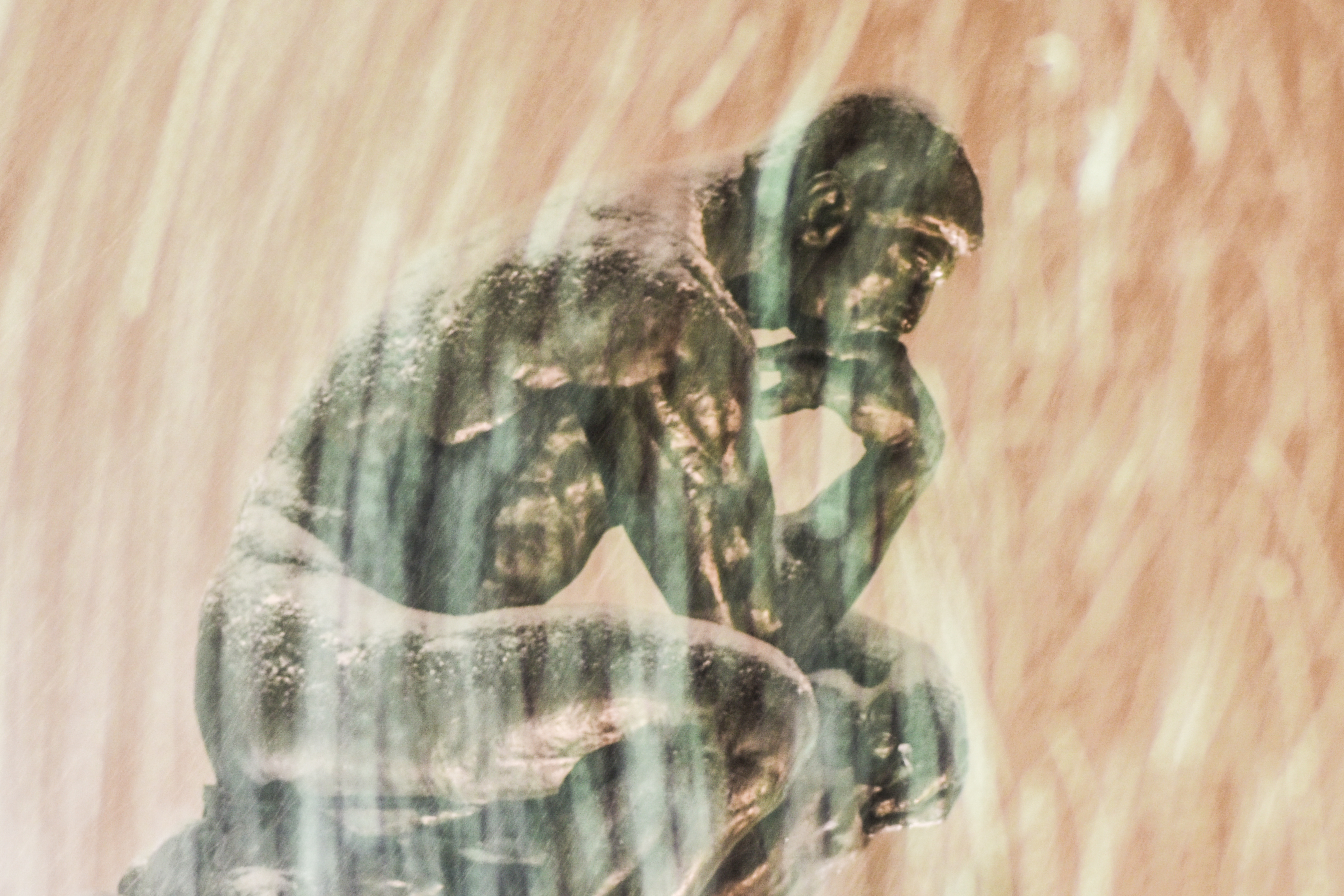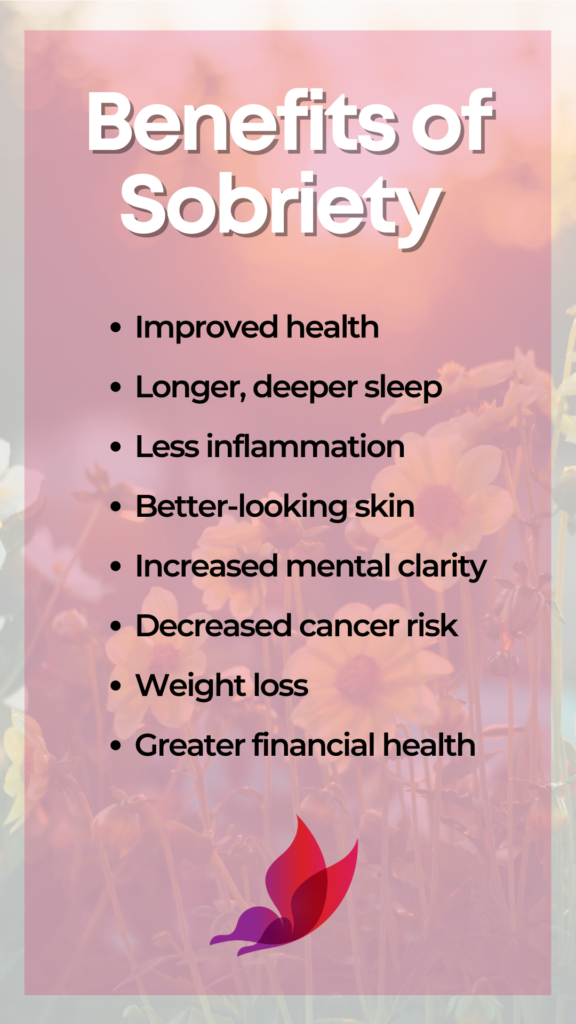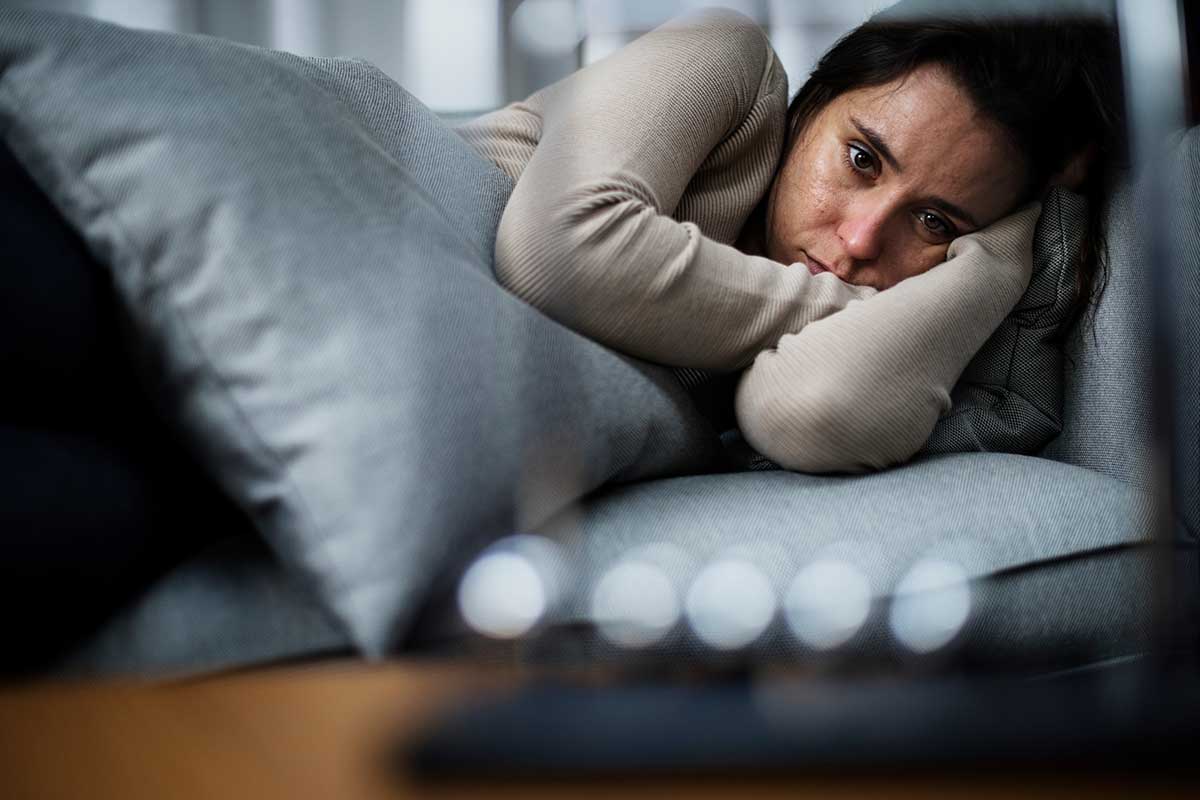The “sober curious” movement has popped up in many forms across the country over the last couple years. People are starting to wonder what it might be like to forgo consumption of alcohol or drugs over a given time frame. Many of those taking part in a self-imposed non-drinking period say that they’ve experienced improved health, including weight loss, better sleep, and better mornings. These are all commonly reported outcomes of refraining from alcohol or drug consumption for a month or more.
For many who choose to participate in the sober curious movement, they may refrain from alcohol or drug use during a given month. Several of these already have monikers, such as “Dry January,” “Sober October,” or “No Alcohol November.” This trend isn’t relegated to any single month, however. Alcohol consumption among adolescents and young adults, in addition to other risk-taking activities, has generally been declining for some time as well.
When Did the Sober Curious Movement Start?
In 2018, the World Health Organization (WHO) reported that around 5.3% of deaths worldwide can be linked to alcohol. With data like this showing up on the radars of those who are conscious of their health, it’s no wonder why people are choosing to go sober for a time. This is where a new reactionary movement against the trend comes into the picture.
The early history of the sober curious movement begins around 2018, when Ruby Warrington published her best-selling book, Sober Curious. In her book, Warrington describes her journey refraining from alcohol voluntarily for a time and all the benefits it brought her as well as expounding on the most up-to-date research on the positives and negatives of alcohol, including anecdotal social and health benefits.
“[Being sober curious] means, literally, to choose to question, or get curious about, every impulse, invitation, and expectation to drink, versus mindlessly going along with the dominant drinking culture,” Warrington wrote.
Social Reasons for Going Sober
In reference to Friedrich Nietzsche’s writings, pop-philosopher Alain de Botton said that “[alcohol saps] us of the will to change our lives for the better…growth and accomplishment have irrevocably painful aspects.” Nietzsche considered alcohol a social lubricant for weak-willed people. We are obviously stronger than that as individuals, as we have no excuse to be anything other than overcomers. In fact, there is truth in Nietzsche’s claim at a personal level for many: for those who drink, especially in social situations, alcohol can be used as a social lubricant for something we’ve given up on participating in without the need for alcohol as a crutch.
Being sober also allows you to make potentially deeper connections with people. By removing the “clouding” nature of alcohol, things become more clear and sharply-defined, including relationships. These relationships can be deepened through the emotional clarity and stability that refraining from alcohol may bring.
In response to this kind of approach, the sober-curious may choose to refrain from consuming alcohol simply because they’ve forgotten what it’s like to experience social situations or just life in general without the psychoactive influence of alcohol changing their perception. Allowing yourself the opportunity to experience life differently under a variety of circumstances is good at face value, but great when it’s done for the deliberate purpose of increasing your unvarnished personal agency in social situations.
Health Reasons for Going Sober
Many sober-curious folks choose to moderate or go sober for health-conscious reasons. Studies have shown that refraining from alcohol consumption can help “reset” the body in beneficial ways. A study conducted on 16 people in the Netherlands illustrated the effect by showing that antioxidant enzymes in the liver are more plentiful when the body is used to the stress of processing alcohol. After one month of not drinking, participants in the study showed a decrease in those enzymes, illustrating one aspect of the stress that regular alcohol consumption has on the body.
The Rise of Sober Spaces and New Non-Alcoholic Products
Since the sober curious movement has taken off, many companies offering new non-alcoholic specialty drink options have popped up all over the country. Popular alcohol replacements like Kin Euphorics, Cann, and De Soi have taken off, with different ingredients that aim to benefit drinkers in some way. New sober cafes have also opened in various cities all over the country, offering spaces where the pressure to drink is non-existent and the offerings are non-alcoholic but just as appealing.
The Cuffed Monkey Sober Bar in Owensboro, Kentucky is one example of a traditional dive bar space that’s opened with the explicit purpose of providing those in recovery or those refraining from alcohol a space where they can hangout and enjoy soda or some other non-alcoholic drink. They also host Alcoholics Anonymous meetings in the space. Sans Bar in Austin, Texas is another example of a wildly popular sober space, opened by Chris Marshall, who’s in recovery and an Alcoholics Anonymous veteran.
“All my drinking was really centered around community and wanting that connection so badly with other people,” Marshall told NPR. “What I want to create across the country are these little incubators for social connection.”
Learn More
If you have difficulty imagining what your life would be like without alcohol in it, then perhaps you’ve unknowingly developed an addiction to it. Consider reaching out to a therapist or an outpatient treatment specialist, such as Landmark Recovery, to discuss this with a medical professional. They can examine you properly and determine whether you should seek treatment or not.
To learn more about how Landmark Recovery treats those with alcohol use disorders, give our dedicated admissions specialists a call at 888-448-0302 today. If you’re in need of alcohol addiction treatment, Landmark Recovery can help you achieve the outcomes you need. We’re on a mission to save a million lives in the next century.

Choose Recovery Over Addiction
We're here 24/7 to help you get the care you need to live life on your terms, without drugs or alcohol. Talk to our recovery specialists today and learn about our integrated treatment programs.





